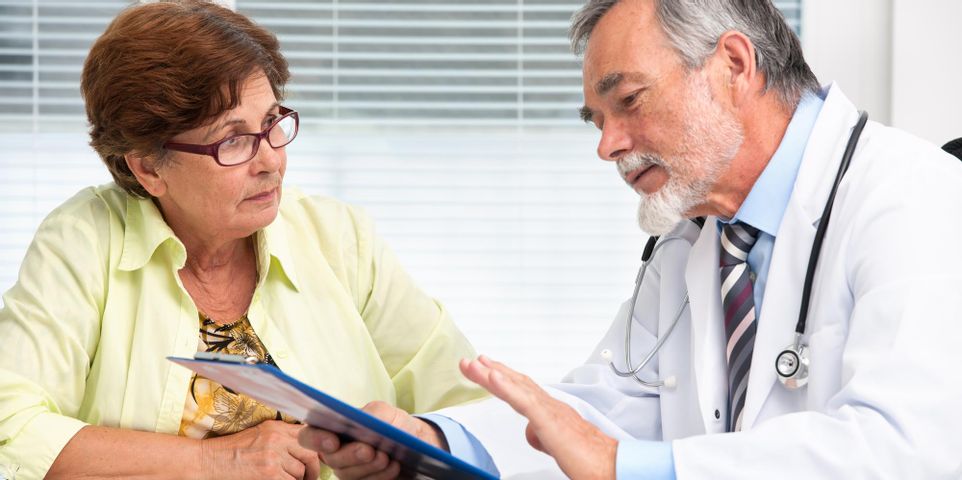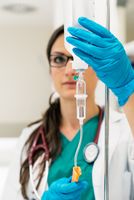
According to colon cancer research, it is the third most commonly diagnosed cancer in the United States. Although it is preventable, about 50,000 people face the disease every year. To detect early signs and help protect yourself from colon cancer, you should have a colonoscopy. The guide below answers a few of the most frequently asked questions about the exam.
What to Know About Colonoscopies
Why do I need a colonoscopy?
A colonoscopy examines changes and abnormalities within the large intestine and rectum. They are often used to detect polyps or colorectal (colon) cancer. If you have had polyps in the past or are experiencing rectal and intestinal bleeding, chronic constipation or diarrhea, abdominal pain, or other gastrointestinal symptoms, experts recommend a colonoscopy.
What age should you start receiving them?
Most often, colon cancer affects patients 50 years of age and older. Once you reach this age, your doctor may suggest a colonoscopy every 10 years to screen for the disease. Those with a family history of colon cancer or polyps should talk to their doctor and schedule exams earlier.
What happens during a colonoscopy?
 During the procedure, doctors give you a sedative intravenously to reduce discomfort. Your doctor will instruct you to lie on your side with your knees drawn towards your chest. They will insert a colonoscope, which contains a tiny video camera, to view the lining of the colon. This instrument pumps air to expand the colon, allowing for easier viewing. You may experience mild cramping, but slow, deep breaths help alleviate the pressure.
During the procedure, doctors give you a sedative intravenously to reduce discomfort. Your doctor will instruct you to lie on your side with your knees drawn towards your chest. They will insert a colonoscope, which contains a tiny video camera, to view the lining of the colon. This instrument pumps air to expand the colon, allowing for easier viewing. You may experience mild cramping, but slow, deep breaths help alleviate the pressure.
What are the risks?
There are few risks to getting a colonoscopy. In rare cases, you might experience a tear in the colon or rectum wall, or bleeding from the removal of polyps or other abnormal tissue. Others may react to the sedative. Overall, colon cancer research confirms that the benefits of the early polyp or cancer detection far outweigh the potential risks.
How should you prepare?
To create a clear view of the colon, you must empty your bowels before the procedure. Your doctor will recommend various ways of doing so. Often, they will suggest a laxative the night before your exam or a special diet free of solid foods the day prior. If you take medication, ask your doctor if you should adjust dosages or temporarily stop taking them.
If you believe you are at risk for colon cancer, ask your doctor about obtaining a screening. Join Riding for a Reason of Granite City, IL, in March 2020 to ride for colorectal cancer awareness and prevention with ATVs. This non-profit organization’s fundraising events have raised thousands of dollars for colon cancer research, families battling cancer, and local charities. Visit them online to learn more about their cause. To speak with a helpful team member about how to get involved, call (314) 614-1911.
About the Business
Have a question? Ask the experts!
Send your question

